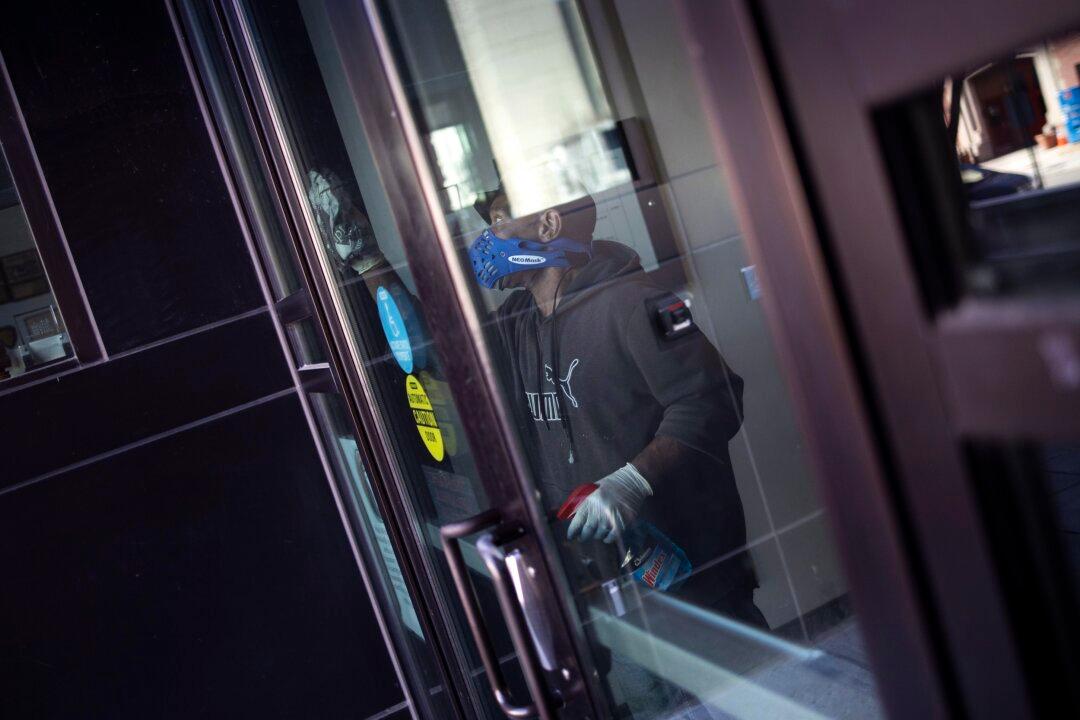Many people in the United States will be exposed to the new coronavirus, which originated in China late last year, a top health official said on Monday.
“It’s fair to say, as the trajectory of the outbreak continues, many people in the United States will, at some point in time—either this year or next—be exposed to the virus,” Dr. Nancy Messonnier, director of the National Center for Immunization and Respiratory Diseases at the Centers for Disease Control and Prevention, told reporters in a phone call.





